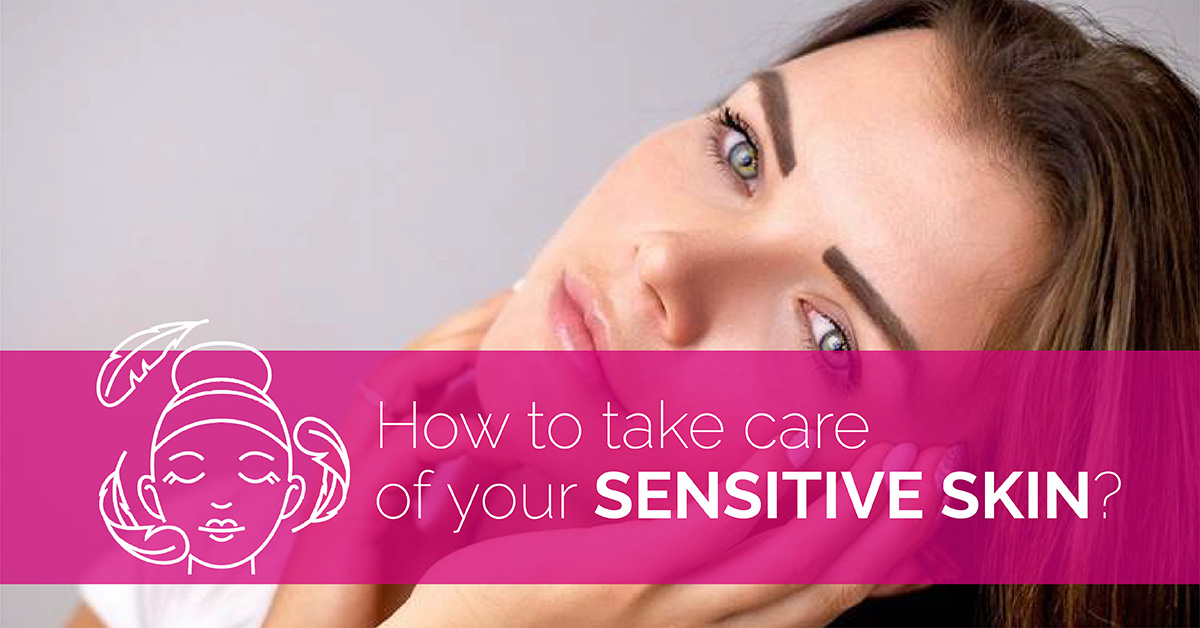Since each one of us is different, we also have different skin types, which would range from dry, sensitive, oily, or mixture. In case if you are someone who has a natural skin type, then there is surely some kind of struggle you’ll have to go through.
Sensitive skin can be difficult to manage. You never know what products will irritate or irritate your skin (or both). It’s sometimes possible to figure out which skin care product is causing your difficulties, and other times it’s just a guessing game. Please continue reading to learn which products are best for sensitive skin and how to care for your skin to always be calm and feel nice.
What Is Sensitive Skin and How Does It Affect You?
Sensitive skin is a skin condition rather than a skin type. Sensitive skin can affect anyone. You might, for example, have oily, acne-prone, and sensitive skin. You can make your skin more sensitive by doing so. When you have sensitive skin, some skincare products and components, as well as household goods like fabric softeners and cleaning products, might cause your skin to burn, sting, turn red, feel tight and dry, and bumpy.
Suggestions for Taking Care of Sensitive Skin
It can be difficult for those with sensitive skin to determine which products will soothe and nourish their skin rather than making it red, tight, itchy, and painful. Before applying a product to your entire face, could you first test it out on a tiny area? The skin behind your ear is a fantastic spot to try a new skincare product. All of your goods, including laundry detergent, should be fragrance-free. The fragrance is the number one skin irritant, so keep it out of your skincare and household goods as much as possible.
Wash your face and body with lukewarm water instead of hot water, as hot water will dehydrate your skin and make it even more sensitive and dry. When it comes to the number of products you use, don’t go crazy. When it comes to your skincare routine, less is more if you have sensitive skin. You can still exfoliate, but only with moderate products and not too frequently. Even on overcast days and in the cold, wear sunscreen. If your skin is already sensitive, the sun might dry it out, which is the last thing you want to happen.
Keep in mind that the terms “for sensitive skin” and “hypoallergenic” aren’t necessarily synonymous. Because the government does not regulate these keywords, there are no requirements that must be satisfied when a company uses them on its product labels. You should look at the components in the product rather than the language on the front of the label to see if it is good for you.
Precautions:
One of the essential things to note while having sensitive skin is to be ultra-sure about the product you use. It is always necessary that you do a patch test, before using any new product, especially which involves chemicals.
